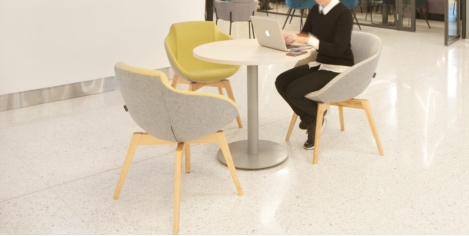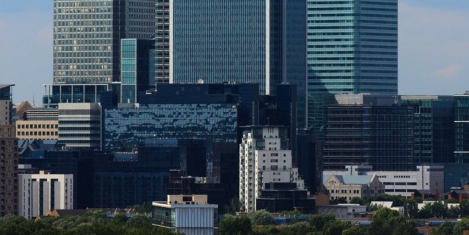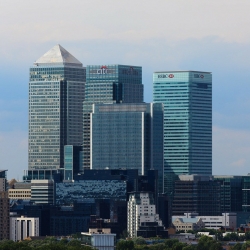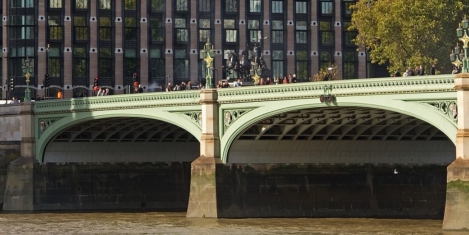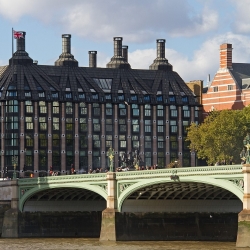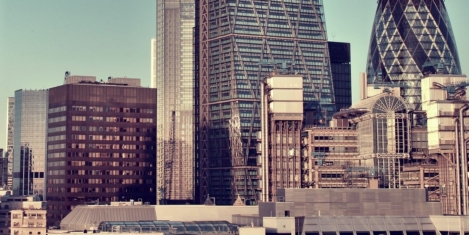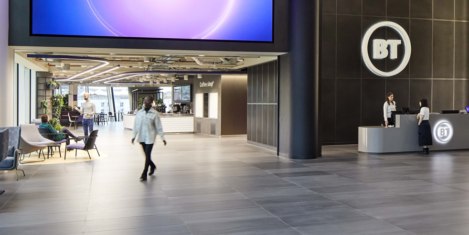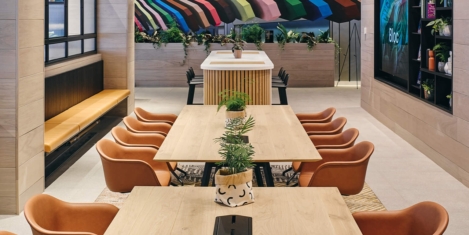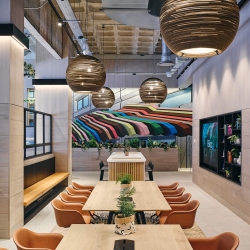August 1, 2022
Podcast: the weak arguments in favour of offices and the problem with the future of work
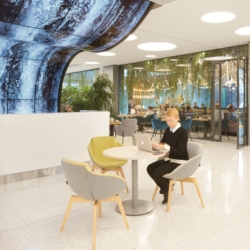 Mark Eltringham the publisher of Workplace Insight and IN Magazine recently joined Caleb Parker, the founder of Bold, on his Work Bold podcast for an unscripted chat on: the future of work and how it may shape the future of commercial real estate; the reasons why anybody might ever want to go back to an office to work; the problem with weak arguments both for and against offices; and the importance of culture and flexibility rather than fixed times and places of work in determining people’s day to day experiences of work. The prompt for this conversation was the occasional discussion on social media over the past couple of years and a recent article exploring the value of weak ties. (more…)
Mark Eltringham the publisher of Workplace Insight and IN Magazine recently joined Caleb Parker, the founder of Bold, on his Work Bold podcast for an unscripted chat on: the future of work and how it may shape the future of commercial real estate; the reasons why anybody might ever want to go back to an office to work; the problem with weak arguments both for and against offices; and the importance of culture and flexibility rather than fixed times and places of work in determining people’s day to day experiences of work. The prompt for this conversation was the occasional discussion on social media over the past couple of years and a recent article exploring the value of weak ties. (more…)





